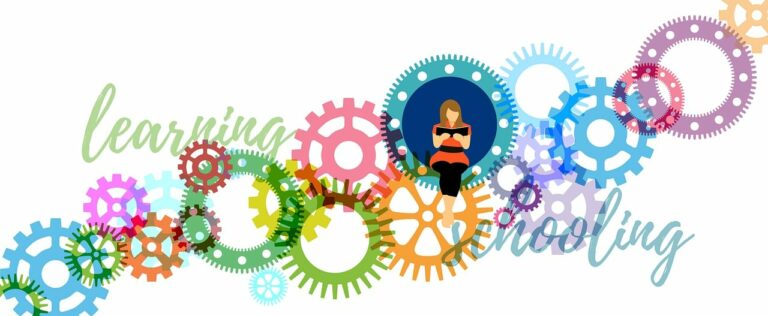The Rise of Competency-Based Education Models
Traditional education systems often face challenges that can hinder the effectiveness of teaching and learning. One common issue is the one-size-fits-all approach to education, where students are expected to progress at the same pace regardless of their individual learning styles or abilities. This can result in students feeling left behind or bored, leading to disengagement and a lack of motivation to learn.
Additionally, traditional education systems often rely heavily on standardized testing as the primary method of assessing students’ knowledge and skills. This can create a high-pressure environment for students, focusing more on memorization and test-taking strategies rather than fostering a deep understanding of the subject matter. As a result, students may struggle to apply their learning in real-life situations and fail to develop critical thinking and problem-solving skills.
Benefits of Competency-Based Education Models
Competency-based education models offer a personalized learning approach that focuses on mastery of specific skills and knowledge. Students have the flexibility to progress at their own pace, enabling them to demonstrate proficiency before moving on to more advanced concepts. This individualized learning experience empowers students to take ownership of their education and develop a deeper understanding of the material.
Furthermore, competency-based education models promote a more efficient use of time and resources by allowing students to advance based on their demonstrated understanding, rather than solely on time spent in a traditional classroom. This can lead to increased student engagement and motivation as they work towards achieving clearly defined learning objectives. By emphasizing mastery of competencies, this model ensures that students are well-equipped with the skills and knowledge needed for future academic and professional success.
Key Principles of Competency-Based Education
Competency-based education focuses on mastering specific skills and knowledge rather than simply completing courses based on time spent in a classroom. Students progress at their own pace, advancing once they demonstrate proficiency in each competency. This principle allows for a more personalized learning experience, catering to individual strengths and areas needing improvement.
Another key principle is the emphasis on real-world application of learning. Competency-based education prioritizes practical skills that can be directly applied in various professional settings. By focusing on the mastery of competencies that are relevant to current industry demands, students are better prepared for success in the workforce upon completion of their education.
• Competency-based education focuses on mastering specific skills and knowledge
• Students progress at their own pace, advancing once they demonstrate proficiency in each competency
• Allows for a more personalized learning experience catering to individual strengths and areas needing improvement
• Emphasis on real-world application of learning
• Prioritizes practical skills that can be directly applied in various professional settings
• Focuses on the mastery of competencies relevant to current industry demands
What are some challenges in traditional education systems?
Some challenges in traditional education systems include the one-size-fits-all approach, focus on seat time rather than mastery of skills, and lack of individualized learning experiences.
What are some benefits of competency-based education models?
Some benefits of competency-based education models include personalized learning experiences, student mastery of skills, flexibility in pacing and scheduling, and increased student motivation and engagement.
What are the key principles of competency-based education?
The key principles of competency-based education include a focus on mastery of skills, personalized learning pathways, flexible pacing and scheduling, continuous feedback and assessment, and student-centered learning environments.







